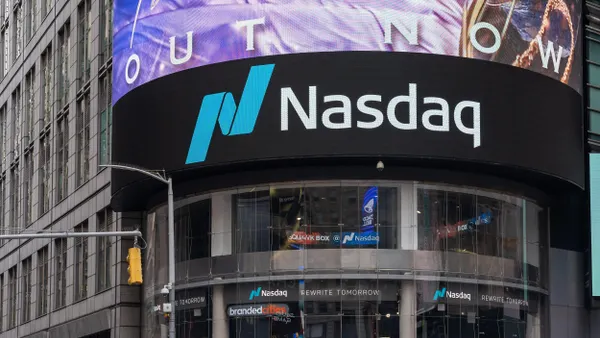Illumina faces a showdown on Thursday that could determine the company’s future as activist investor Carl Icahn rallies shareholders to change the firm’s leadership and accede to regulators’ demands it sell off a recent acquisition.
The San Diego-based company, which dominates the global market for DNA sequencing instruments, will hold a shareholder vote on Thursday to determine whether to keep its current board or elect three directors nominated by Icahn.
The decision could change the company’s trajectory as Illumina appeals separate decisions from the Federal Trade Commission and the European Commission blocking its $8 billion purchase of liquid biopsy company Grail. Shares of Illumina have fallen by 61% since the acquisition closed in August of 2021 amid antitrust concerns.
Icahn, whose firm holds less than 1.5% of Illumina’s shares, wants the ouster of CEO Francis deSouza and for the company to divest Grail. He has said that management and the board are to blame for a $50 billion decline in market value by resisting the antitrust regulators.
The billionaire has proposed three board candidates to replace deSouza, board chair John Thompson and physician Robert Epstein.
Two proxy advisory firms recommended electing some — but not all — of Icahn’s candidates. Institutional Shareholder Services recommended withholding support for Thompson and instead electing Andrew Teno, a portfolio manager for Icahn Group, noting that Thompson’s addition to the board after deSouza became CEO “raises questions about management accountability.”
Advisory firm Glass Lewis recommended replacing both deSouza and Thompson with Teno and former Icahn employee Vincent Intrieri.
If Illumina loses both its board chair and CEO, the company is still strong enough to survive, board member and Intuitive Surgical CEO Gary Guthart told the Financial Times on Tuesday, adding that the board and management are “capable of working through succession should it occur.”
Thompson, in a May 18 letter to shareholders, urged them to vote for Illumina’s nine nominees, adding that the company recognized their concerns about Illumina owning Grail. To be able to keep the company, Illumina would have to win appeals in both the U.S. and the European Union.
“There is no faster path to resolution. This is a finite process ending in a decision by early 2024,” Thompson wrote.
If Illumina wins an EU appeal, it would no longer have to pay fines, which could total up to 10% of its and Grail’s annual revenue. Even if the company wins both appeals, it will do a full review of the “total GRAIL opportunity, including potential synergies still achievable, before making a decision to keep GRAIL,” Thompson added.













